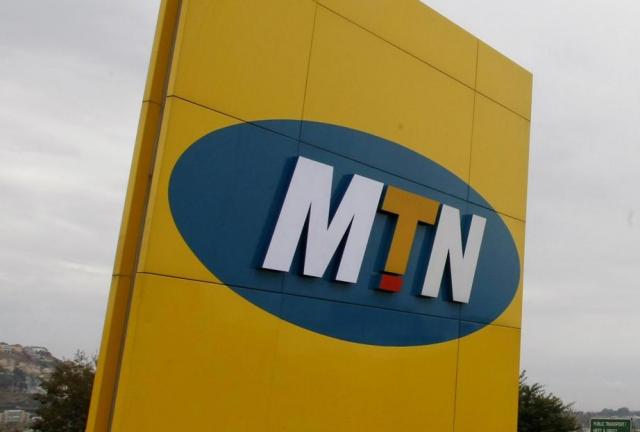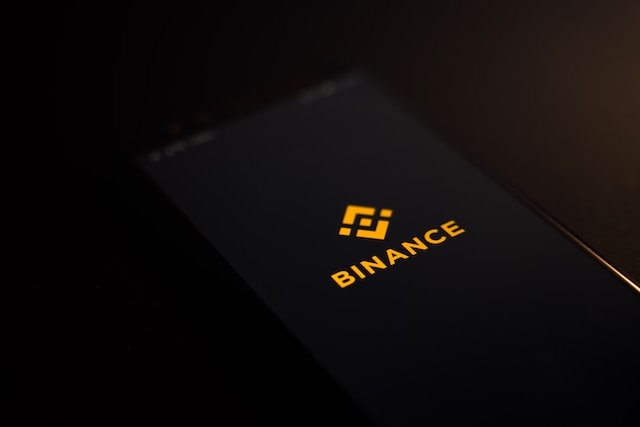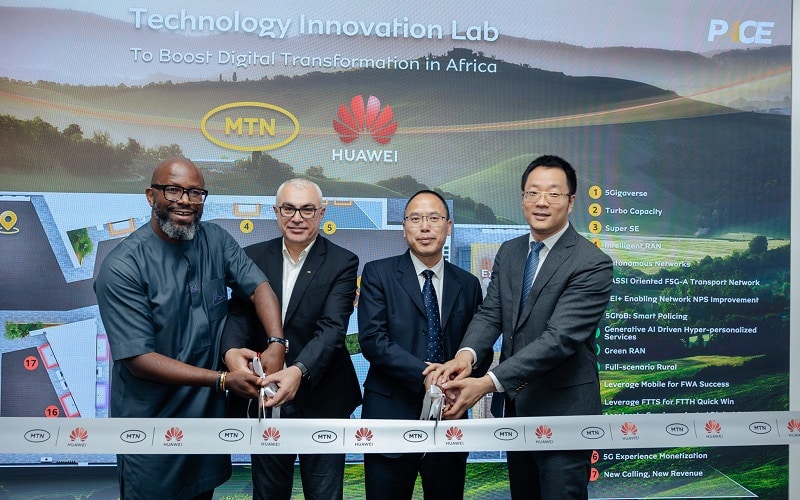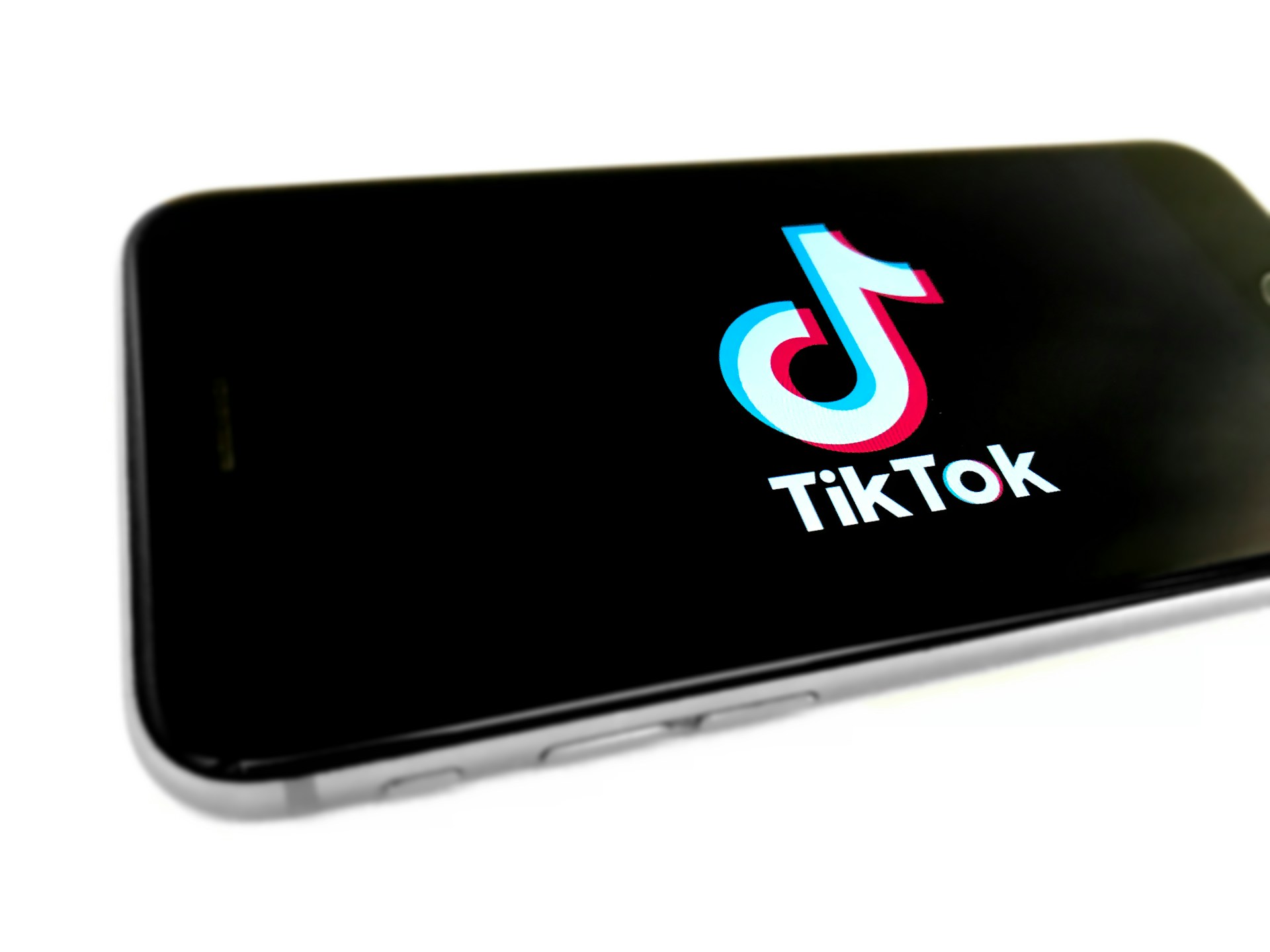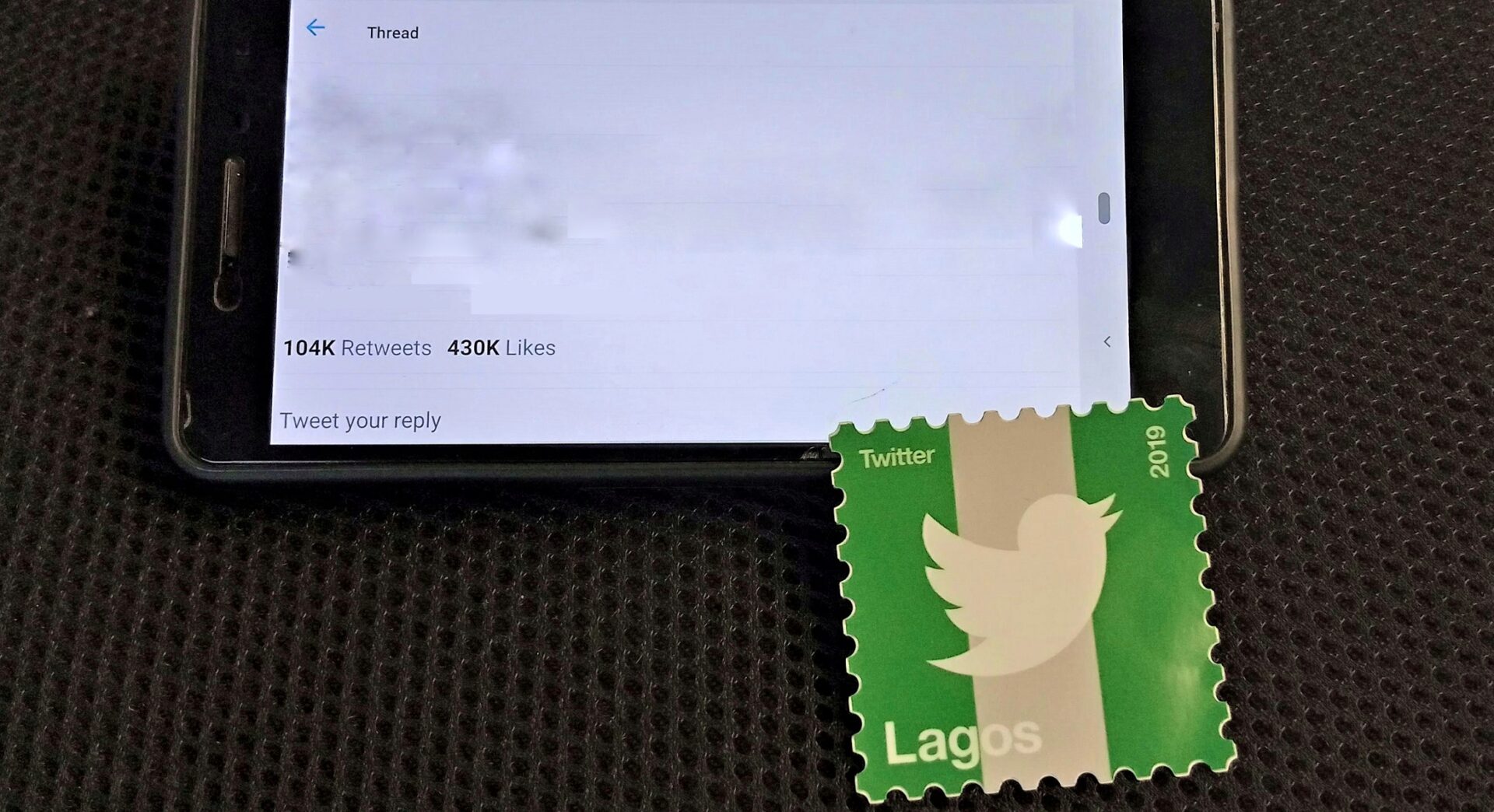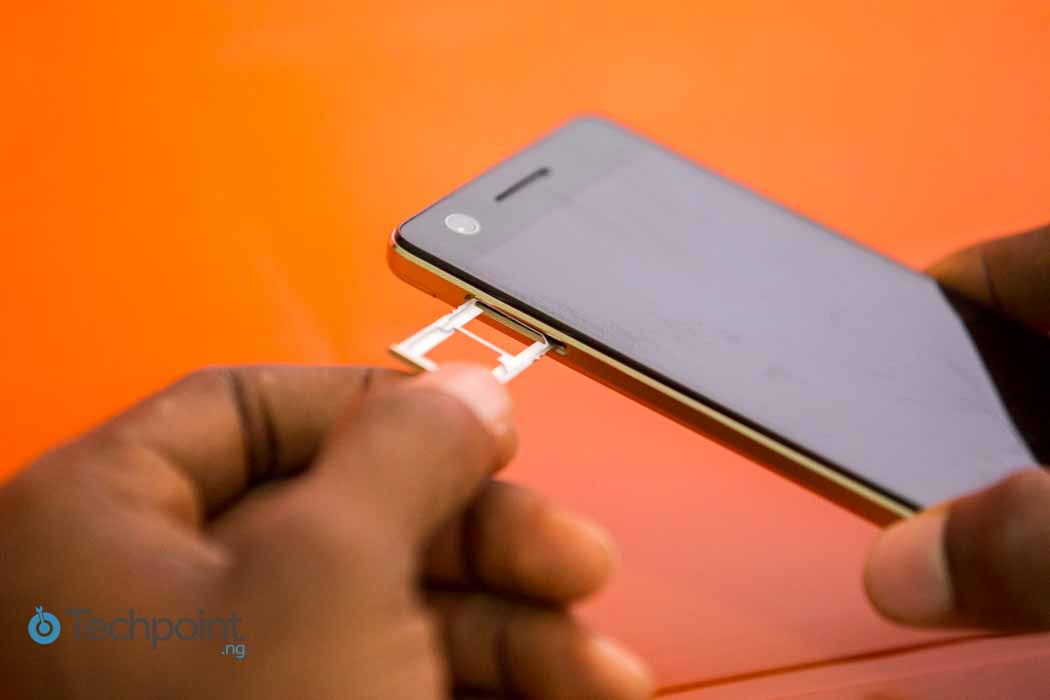Over the years, the Central Bank of Nigeria has been introducing a series of initiatives to drive financial inclusion penetration in the country.
Examples of such initiatives include the Shared Agent Network Facility (SANEF) and Payment Services Banks, both of which were introduced within the last two years. Both MTN Nigerian and Airtel Nigeria have since indicated interest in the PSB model after CBN released the guidelines for its licensing and regulation.
However, it appears that MTN is not going after the PSB licence alone. According to Rob Shuter, the CEO of the South African telecommunications group, the company has gotten approval-in-principle for a super-agent licence in Nigeria.
With the super-agent licence, the telco can re-purpose its network of agents, that sell prepaid airtime, to also offer cash-in-cash-out financial services.
MTN will be rolling out the super-agency model on a test basis while its commercial launch is expected to be within the second half of 2019.
And as revealed by Shuter during a conference call for the company's Q1 results (PDF), MTN is still looking forward to getting approval for its PSB licence within the next couple of months.
Because super-agency doesn’t allow MTN to offer prepaid wallets holding e-money, the telco is banking on the PSB licence the former’s limitations.
When MTN eventually gets approval for the super-agent licence and rolls out, its agents across the country will be able to offer financial services which translates to more revenue for the agents.
According to the regulatory framework for licensing super-agents, an agent’s share of the transaction fee is 57%, which is higher than the combined share of the other four players involved in a transaction.

Be the smartest in the room
Give it a try, you can unsubscribe anytime. Privacy Policy.
Considering that MTN maintains agents across all the 36 states of the country including the federal capital territory, the telco has a higher chance of reaching more people than any other super-agent licence holder in the country.

